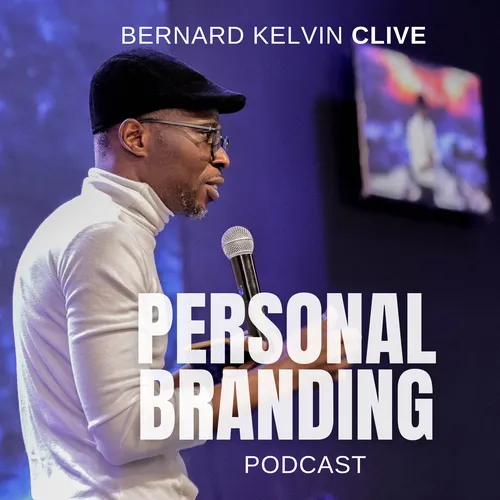Capable yet not competent?
- Author
- [email protected] (Bernard Kelvin Clive)
- Published
- Wed 08 Jan 2025
- Episode Link
- https://bkc.name/2025/01/08/capable-yet-not-competent/
Capable vs. Competent: Understanding the Difference
What does it mean to be capable yet not competent? At what point can someone declare themselves competent, and how do we distinguish between capability and competence in both personal and professional spheres? Let’s break this down.
Capability: The Starting Point
Capability refers to your ability to perform a task or take action, even if it’s not at an expert level. It’s a foundation—a skillset or willingness to do something, even if the result isn’t perfect.
For example, imagine you’re at home with a minor plumbing issue. You may be capable of applying a temporary fix, such as using glue or tape to stop a leak. This solution might hold for a while but isn’t sustainable or reliable in the long term. For a permanent fix, you’ll need a professional plumber who is competent in their craft.
Similarly, in professional settings, capability can serve as a stopgap. Suppose the receptionist is momentarily unavailable, and you’re at the desk. You might be capable of welcoming visitors and asking them to wait until the receptionist returns. However, this is different from being competent in managing the front desk, which might require specific skills like handling complex inquiries or managing schedules efficiently.
Competence: Mastery and Expertise
Competence, on the other hand, is the ability to perform a task not just adequately but with expertise and precision. It’s what distinguishes a professional from an amateur.
Take the example of an author. As a writer, you may be competent in crafting compelling content. However, you might lack the expertise in graphic design required to create a professional book cover. While you might use tools like Canva to design a basic cover, the result may not match the quality of a design created by a competent professional. To ensure your book stands out, hiring an expert is wise.
Knowing When to Delegate
Understanding where your capabilities end and competence is required is critical, especially in business. Here’s a simple approach to apply:
- Identify Tasks You’re Both Capable and Competent At:
These are tasks where your expertise shines, allowing you to deliver exceptional results. Focus on these areas to add maximum value to your business or brand. - Acknowledge Where You’re Only Capable:
These are tasks you can handle temporarily but may lack the expertise to execute at a professional level. In such cases, consider learning and developing competence over time if the task is crucial to your goals. - Hire Competent Professionals When Needed:
For areas where competence is non-negotiable—whether it’s graphic design, legal advice, or technical expertise—invest in professionals. Customers and clients expect the best, so delivering high-quality results is essential.
Capability and Competence in Business
In every business, success depends on blending capability and competence. For example:
- Capability: You might be capable of managing basic bookkeeping for your small business.
- Competence: However, preparing accurate financial reports for tax filings might require the services of a certified accountant.
By distinguishing between the two, you can make better decisions about how to allocate your time and resources.
Building Competence Over Time
While hiring experts is vital in certain areas, there’s always room to grow your competence in other aspects of your life or business. For example:
- If you’re capable of basic graphic design, you might take courses to build your competence.
- If you’re capable of writing but lack marketing expertise, you might learn copywriting to enhance your skills.
The key to thriving in both personal and professional life lies in understanding the difference between being capable and competent. Clients and customers value competence—they expect high-quality service, exceptional care, and flawless execution.
To achieve this:
- Focus on what you’re competent at and do it exceptionally well.
- Delegate tasks where you’re only capable to competent professionals.
- Continuously develop your competence in areas that align with your goals.
By putting this perspective into practice, you’ll not only grow your business or brand but also build a reputation for excellence.
Remember: Capability gets you started, but competence keeps you ahead.
